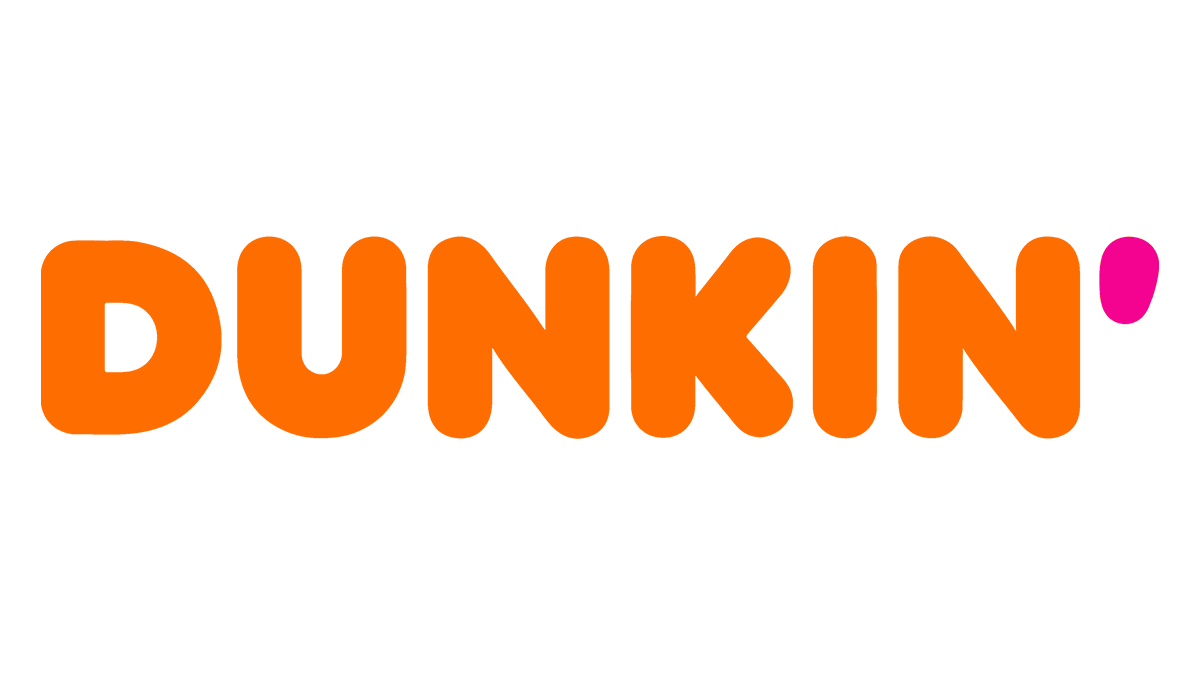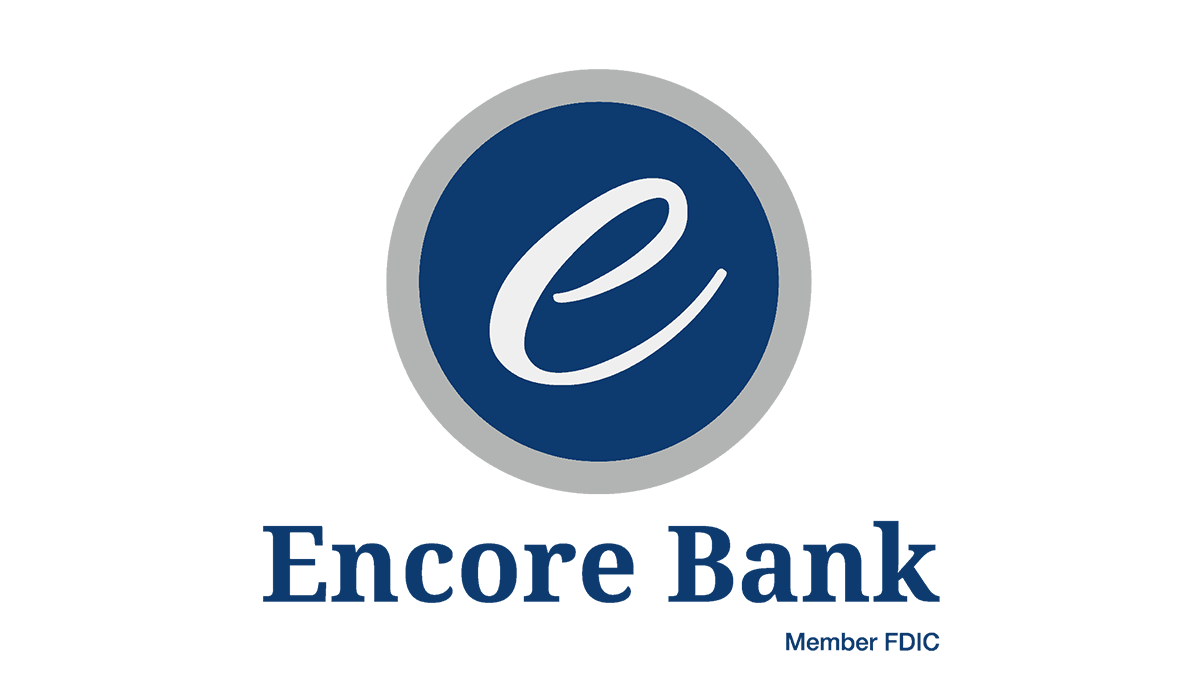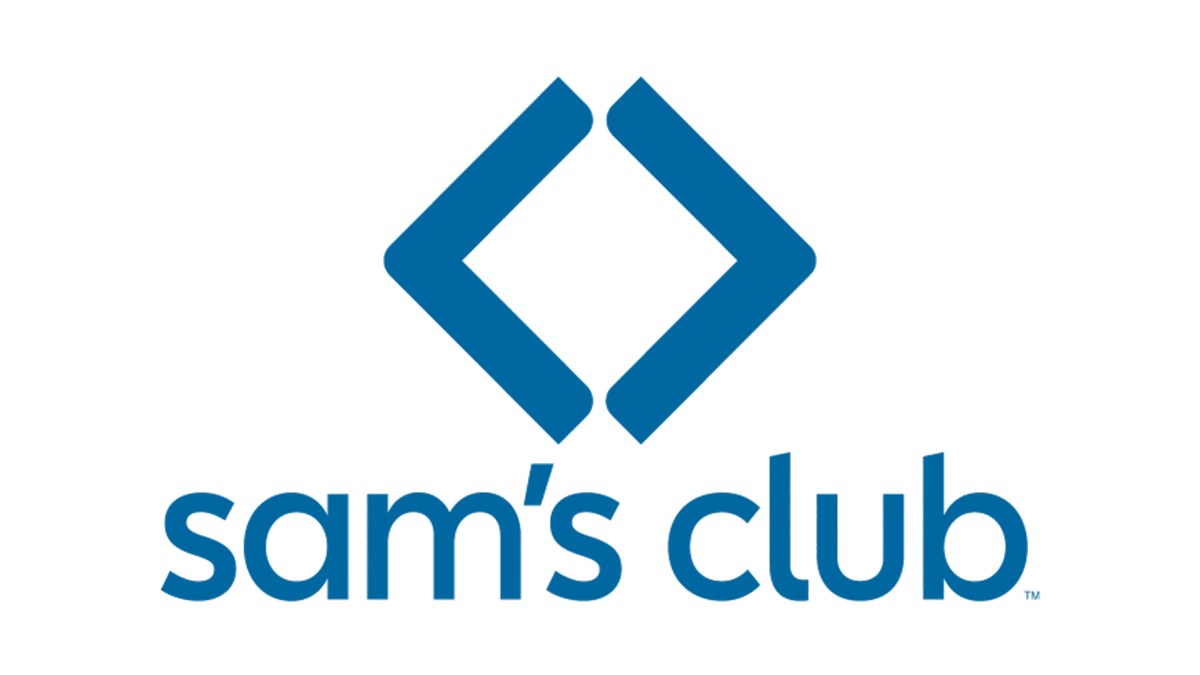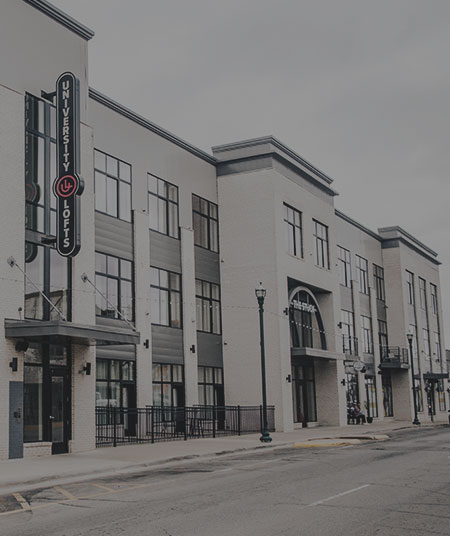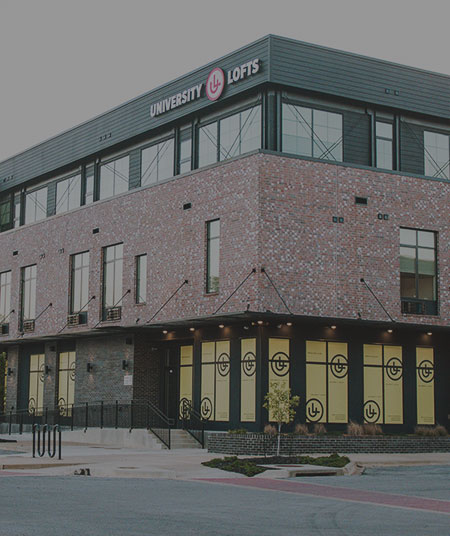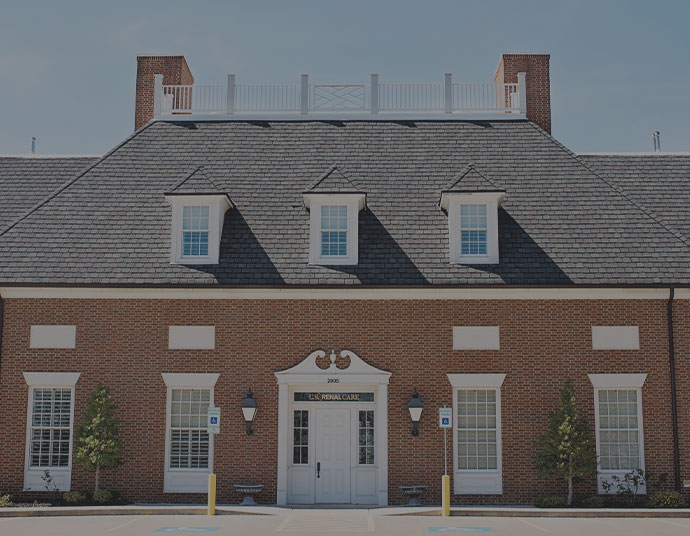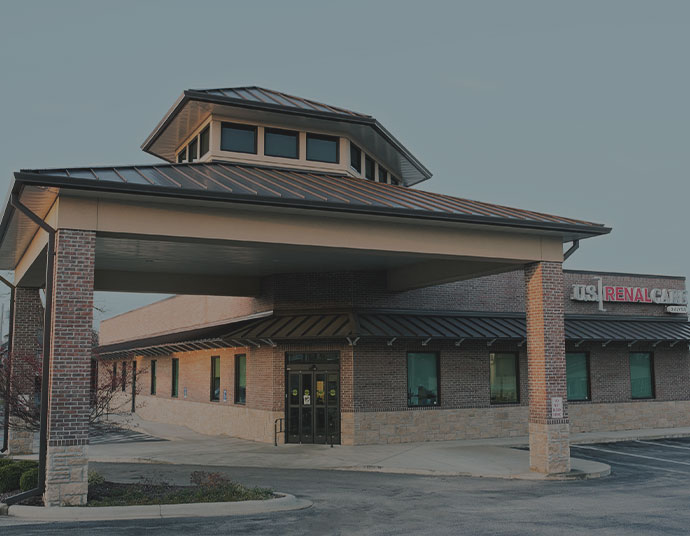

37+ Years of Building by Innovation
Jetton General Contracting
A wholly owned, independent general contractor specializing in complex and fast paced construction projects across multiple industries. Starting as an electrical contractor over 42 years ago, the company added to its core focus in 1998 to include project oversight performed as the general contractor. At that time, Jetton also began to build a national infrastructure that would allow the company to service customers across the country.
Jetton attributes their success to three core competencies that all employees share; to be comprehensive, to be innovative and to be precise in everything they do.
About UsProviding Complex &
Fast Paced
Construction Projects
Retail
We’ve prided ourselves on being the general contractor of choice for some of our nation’s largest retailers. We are mindful of what it takes to complete a job successfully by doing things right. We are dedicated to ensuring that all of our employees understand how construction projects affect the bottom line for retailers.
Commercial
We know how critical timing is for completion on commercial projects. Quality is unparalleled in this category and we take that to the highest level. Creating and keeping a stress free environment during construction or reconstruction of a project is a top priority that we will continue to maintain throughout the entire process.
Multi-family
These projects typically require multiple decision makers, and often the valued opinions of the public. We are sensitive to these needs and will work with you step-by-step along the way to ensure the standards and procedures are being met as you expect. Using value engineering we will make sure every dollar counts.




